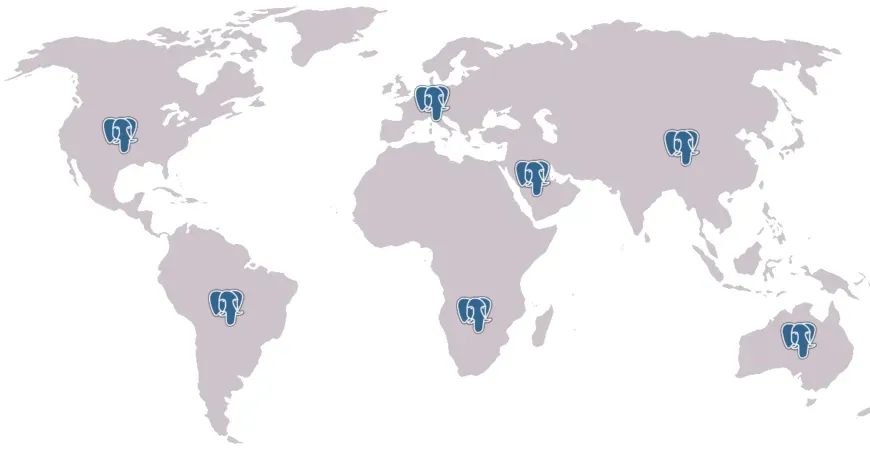Using pg_upgrade to Upgrading Your PostgreSQL Cluster on Windows
Upgrading your PostgreSQL cluster is an important task to keep your database running smoothly and securely. With each new release, PostgreSQL introduces performance improvements, security patches, and new features that can benefit your system. However, upgrading can be a bit tricky, especially if you're working in a Windows environment, where certain challenges like permissions, service management, and file handling may differ from Linux setups. In this blog, we’ll walk you through the process of performing an upgrade on a PostgreSQL cluster in Windows, covering the key steps to ensure everything goes smoothly without causing data loss.







